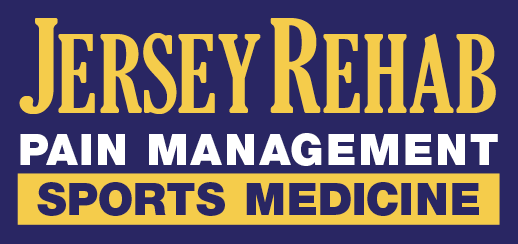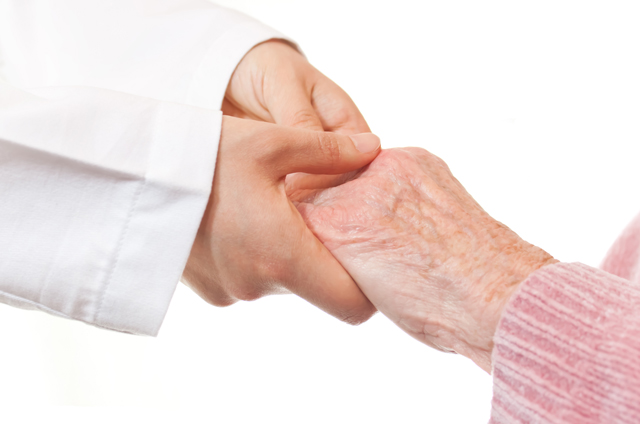Symptoms of Rheumatoid Arthritis and What You Can Do
Rheumatoid arthritis (RA) is a chronic inflammatory disorder that affects the joints. In some people, it can also damage other body systems such as the heart, blood vessels, skin, eyes and lungs. This autoimmune condition causes the immune system to attack the body’s own tissues, leading to painful swelling, bone erosion and bone deformity.
Unfortunately, there is no cure for rhemuatoid arthritis. However, new medications are introduced all the time, and some of them have greatly improved the lives of RA sufferers. In addition to these prescription medications, there are alternative therapies you can try as well.
Let’s learn more about rheumatoid arthritis and the ways you can manage this condition.
Symptoms of Rheumatoid Arthritis
Rheumatoid arthritis generally starts by attacking the smaller joints first, particularly those that attach your fingers and toes. As the disease progresses, it’s often spread to the wrists, knees, ankles and elbows. About 40 percent of people with RA also experience symptoms that are not related to the joints such as fatigue, skin problems and heart problems.
The signs and symptoms of RA may come and go. Often, people will use the term “flare ups” to describe periods of time when their disease is active and causing symptoms. Below are the most common symptoms associated with rhematoid:
- Morning stiffness
- Joint stiffness
- Joint pain
- Joint swelling
- Fatigue
- Numbness and tingling
- Decreased range of motion
Ways to Manage Symptoms of RA
Rheumatoid arthritis is diagnosed through a series of blood tests and imaging tests. While there is no cure for this condition, there are medications and therapies that can manage your symptoms. The sooner you get treatment for RA, the better.
Here are some of the ways you can manage RA:
- NSAIDs to relieve pain and inflammation
- Steroids to reduce inflammation and slow joint damage
- Disease-modifying antirheumatic drugs to slow progression and protect the joints
- Biologic agents to target the immune system
- Surgery to replace or repair joints
- Alternative therapies like stem cell therapy, platelet-rich therapy or steroid injections
- Physical or occupational therapy to learn new exercises
Effectively Treat Rheumatoid Arthritis at Jersey Rehab
If you’re struggling to manage your RA or are looking for ways to extend periods of remission, contact Jersey Rehab at one of our three locations. We have plenty of experience treating RA using stem cell therapy, PRP therapy and steroid injections. Find relief and improve quality of life today!

